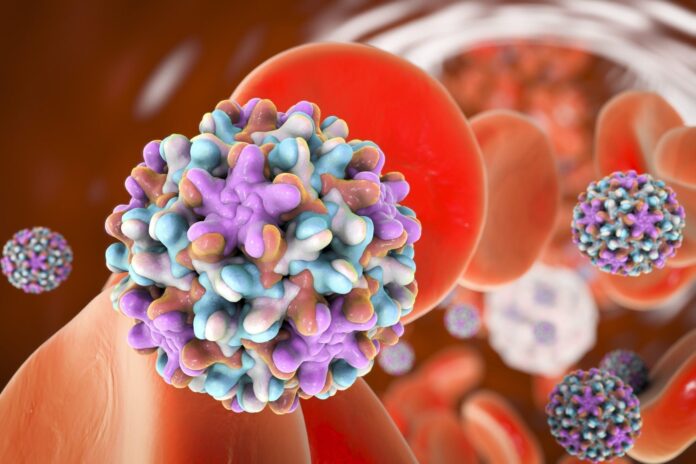Hepatitis B is a viral infection that affects the liver. It can cause both acute and chronic disease, and can lead to serious complications like liver failure, cirrhosis, and liver cancer. Here are some details about the causes, symptoms, diagnosis, and treatment of hepatitis B:
Causes:
Hepatitis B is caused by the hepatitis B virus (HBV), which is spread through contact with blood or other bodily fluids of an infected person. The virus can be transmitted through sexual contact, sharing needles, childbirth, or exposure to infected blood or bodily fluids.
Symptoms:
Many people with hepatitis B may not experience any symptoms, especially in the early stages of the disease. However, some common symptoms of hepatitis B include:
- Fatigue
- Fever
- Loss of appetite
- Nausea and vomiting
- Abdominal pain
- Dark urine
- Clay-colored stools
- Joint pain
- Jaundice (yellowing of the skin and eyes)
Diagnosis:
Hepatitis B can be diagnosed through blood tests that detect the presence of the virus in the body. These tests can also measure the level of liver enzymes, which can indicate liver damage. A liver biopsy may also be performed to confirm the diagnosis and assess the extent of liver damage.
Treatment:
There is no cure for hepatitis B, but treatment can help manage the symptoms and prevent complications. Treatment may include antiviral medications that can slow down the progression of the virus and reduce the risk of liver damage. In some cases, a liver transplant may be necessary if the liver is severely damaged.
Prevention:
The best way to prevent hepatitis B is through vaccination. The vaccine is recommended for all infants, children, and adults who are at risk of contracting the virus. Other ways to prevent hepatitis B include practicing safe sex, not sharing needles or other injection equipment, and avoiding contact with infected blood or bodily fluids.
































